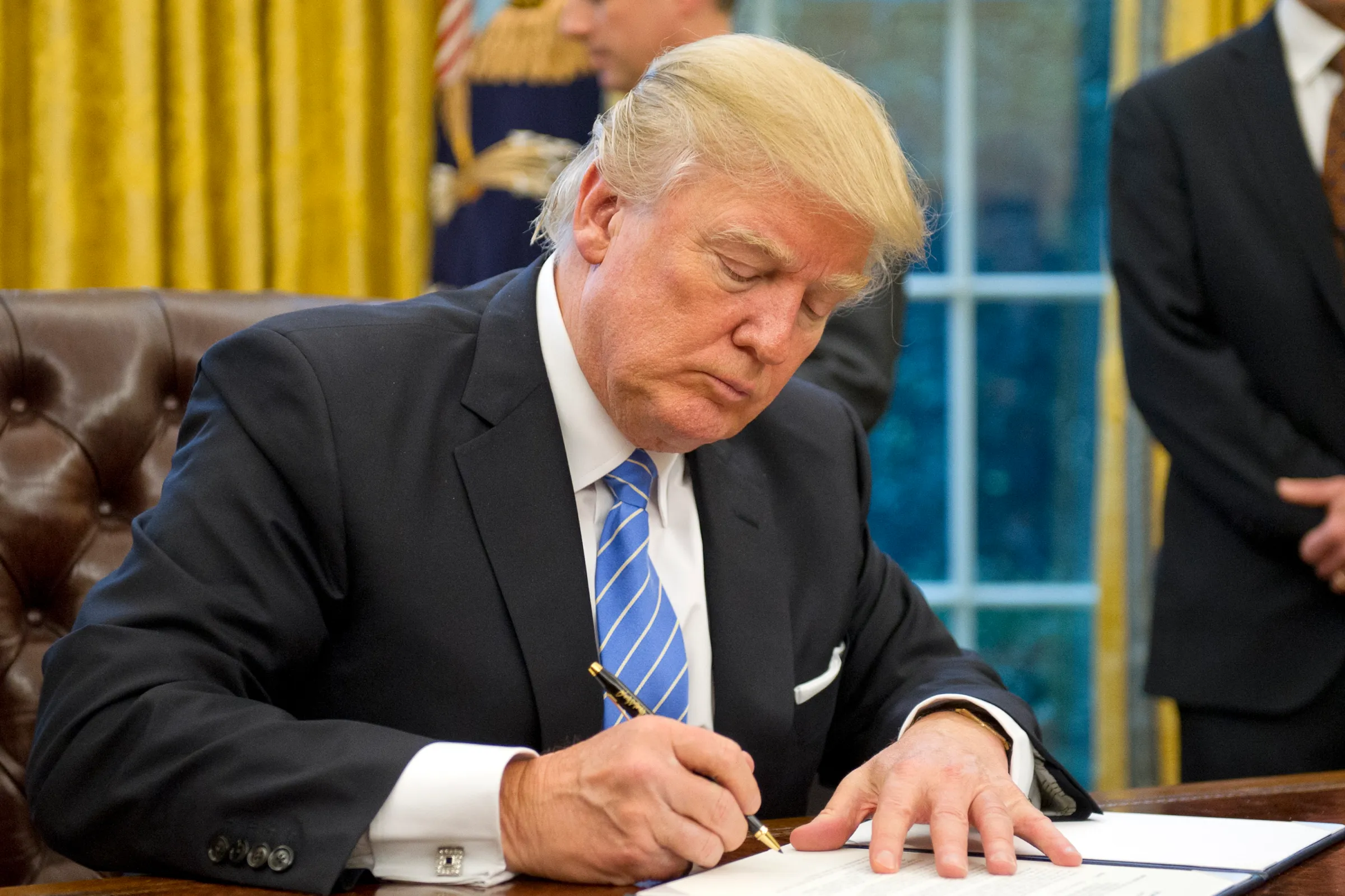A federal judge on Friday temporarily halted the Trump administration’s attempt to strip Harvard University of its ability to admit and host international students, following a legal challenge from the university that argued the move was unconstitutional.
The decision came just a day after Homeland Security Secretary Kristi Noem revoked Harvard’s certification under the Student and Exchange Visitor Program (SEVP), a move that placed the academic future of thousands of international students—and the significant revenue their enrollment generates—into jeopardy.
In response, Harvard filed suit, prompting U.S. District Judge Allison Burroughs to issue an emergency injunction. “The Trump administration is hereby enjoined from implementing… the revocation of Plaintiff’s SEVP certification,” the judge ruled, according to court documents. A full hearing on the matter is scheduled for May 29.
Tensions between the Trump administration and Harvard have been escalating, with President Donald Trump reportedly incensed by the university’s refusal to accept federal oversight of its admissions and hiring practices. The administration has accused Harvard of fostering anti-Semitic sentiments and promoting what it deems a “woke” liberal agenda—claims the university has strongly denied. Harvard, a storied institution boasting 162 Nobel laureates among its affiliates, has positioned the administration’s actions as both politically motivated and a threat to academic independence.
Read also: Harvard Barred From Enrolling Foreign Students — US Govt
The administration has already escalated pressure on Harvard by threatening to review $9 billion in government funding, freezing an initial tranche of $2.2 billion in grants alongside $60 million in official contracts, and targeting a Harvard Medical School researcher for deportation.
In a lawsuit filed in Massachusetts federal court, Harvard condemned these actions as clear retaliation for exercising its First Amendment rights. The university asserted that the government’s demands to exert control over its governance, curriculum, and the ideological perspectives of its faculty and students were unjustifiable infringements.
The lawsuit urges the court to intervene, seeking an order to halt what it describes as the government’s arbitrary, capricious, unlawful, and unconstitutional conduct.
The potential exclusion of foreign nationals—who comprise over a quarter of Harvard’s student body—poses significant financial risks for the institution, which relies heavily on tuition fees that run into the tens of thousands of dollars annually.
Harvard President Alan Garber issued a statement on Friday, prior to the issuance of a temporary restraining order, denouncing the administration’s move as both unlawful and unjustified. He cautioned that the decision threatens the academic and professional futures of thousands of students and scholars at Harvard, while also sending a troubling warning to countless others at universities nationwide who have come to the United States in pursuit of their educational dreams.
On Thursday, Homeland Security Secretary Kristi Noem defended the administration’s stance, accusing Harvard of fostering violence, promoting antisemitism, and collaborating with the Chinese Communist Party on its campus.
Chinese nationals constitute more than 20 percent of Harvard’s international student population, according to university figures. In response, Beijing criticized the move, asserting it would undermine the United States’ global standing and reputation. Chinese Foreign Ministry spokeswoman Mao Ning reaffirmed China’s long-standing opposition to the politicization of educational exchanges.
Meanwhile, Harvard is already engaged in legal proceedings against the U.S. government over a separate series of punitive actions.
